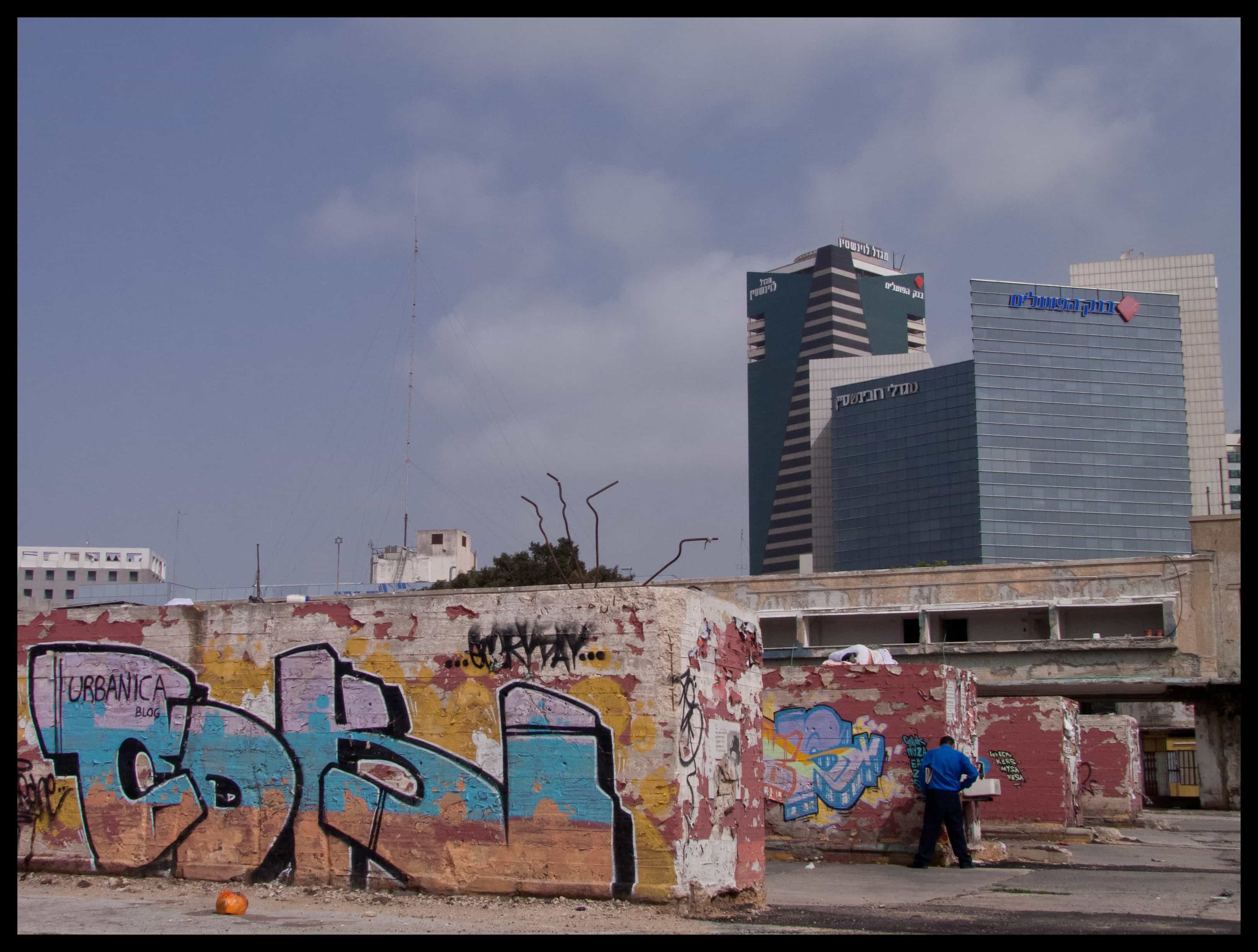
It did not create much attention when Danske Bank removed Bank Hapoalim from its exclusion list at the end of 2015. An ongoing dialogue with Bank Hapoalim has convinced Danske Bank that the Israeli bank handles the dilemmas associated with running a bank in Israel in a good and responsible manner, says Thomas H. Kjærgaard, Head of RI and Corporate Governance in Danske Capital. Currently Danske Bank’s investments in Bank Hapoalim amount to 140.000 DKK via one index fund.
Danske Bank excluded Bank Hapoalim from its investment portfolio following a smaller divestment in the bank in 2014. At the time the stated reason behind the exclusion was that the Israeli settlements are in violation of international law, and it is contrary to Danske Bank’s policy to invest in companies that contribute to such violations. Danske Bank had already excluded companies Danya Cebus Ltd. and Africa Israel Investments Ltd. over their involvement in settlement construction.
Bank Hapoalim has received criticism for financing construction in the settlements and acting as a guarantor of state loans to companies involved in the Jerusalem Light Rail-project, which connects the Jerusalem city center with settlement neighborhoods in occupied East Jerusalem. Danske Bank was not the only significant investor to blacklist Bank Hapoalim. Dutch pension fund PGGM and Copenhagen City Council also blacklisted Bank Hapoalim in the beginning of 2014.
Danwatch has contacted Danske Bank to get an explanation for the decision to remove Bank Hapoalim from its exclusion list, but Danske Bank declined our request for an interview and refers instead to an earlier written statement. The decision is based on “a thorough and constructive dialogue” surrounding the settlements, writes Head of Responsible Investments Thomas H. Kjærgaard: “It is our understanding that the bank handles the dilemmas associated with running a bank in Israel in a good and responsible manner and therefore we see no reason to continue to exclude them from our investment universe”.